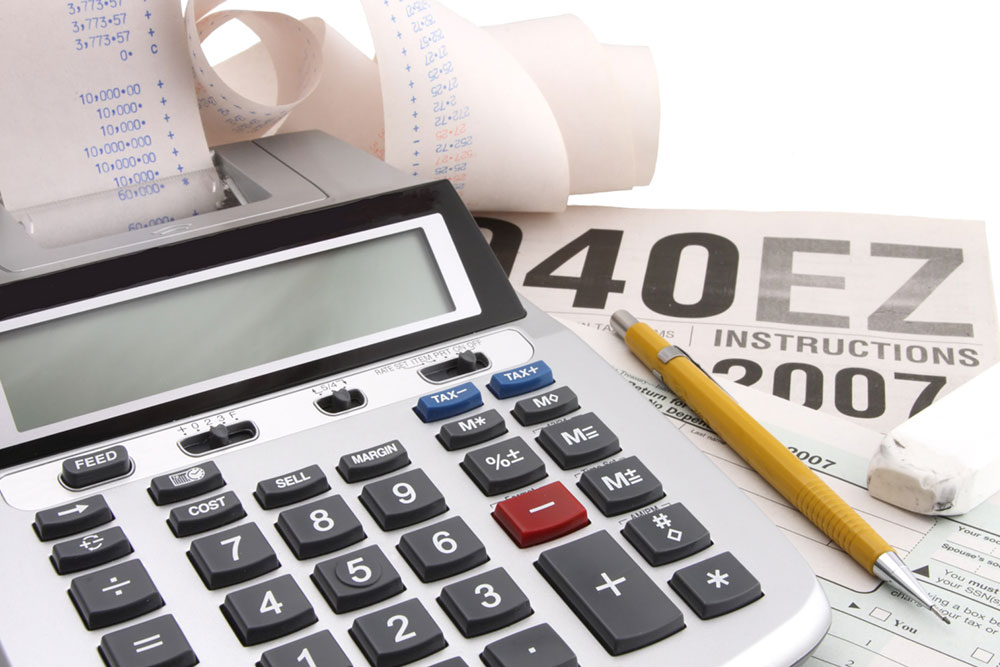Creative Applications of Mortgage Calculation Tools for Smarter Home Financing
Discover the comprehensive and innovative uses of mortgage calculation tools that go beyond simple estimates. These versatile platforms help homebuyers and homeowners optimize financing strategies, compare loan options, evaluate affordability, and plan for future financial needs. Learn how to leverage mortgage calculators to make smarter, more informed decisions in the home buying and mortgage management process for greater financial security and savings.

Creative Applications of Mortgage Calculation Tools for Smarter Home Financing
Mortgage calculators are indispensable tools for prospective homeowners, real estate investors, and financial planners. Far from merely estimating monthly payments, these versatile instruments provide comprehensive insights that facilitate smarter financial decisions. With the evolution of digital tools, mortgage calculators have become more sophisticated, allowing users to explore a variety of scenarios and optimize their home financing plans. In this article, we delve into the innovative uses of mortgage calculation tools and how they can transform your approach to buying a home or managing mortgage debt.
For first-time homebuyers, navigating the complex world of real estate financing can be daunting. One of the most common concerns is determining how much to bid on a property, especially when unsure of what mortgage terms are sustainable within their financial limits. Mortgage calculators step in as essential guides at this early stage. They enable buyers to experiment with different purchase prices by adjusting loan amounts, helping to visualize monthly payments and overall affordability. By comparing various home prices, buyers can identify properties within their budget, reducing the risk of overextending financially. This functionality also helps in negotiating better deals, as buyers come prepared with a clear understanding of what they can afford, making offers more confident and less speculative.
Another crucial application is the use of affordability calculators. These tools allow prospective homeowners to assess how different down payment levels impact their monthly obligations and overall mortgage costs. For example, making a larger down payment, such as 20% of the home's purchase price, can significantly reduce monthly mortgage payments and may eliminate private mortgage insurance (PMI), a factor that often adds to the monthly expense. By experimenting with different down payment scenarios, buyers can strategize the best approach to maximize their financial benefits while keeping monthly payments manageable. This proactive planning is especially beneficial in markets with fluctuating interest rates or when considering early repayment strategies.
Mortgage calculators also offer detailed insights into the breakdown of mortgage payments. Users can see precisely how much of each payment is allocated toward paying down the principal versus interest, providing transparency into how their debt reduces over time. This information is invaluable for planning prepayment strategies or refinancing options. Additionally, it enables homeowners to track their progress and identify opportunities to pay off their mortgage faster, potentially saving thousands in interest over the long term.
Evaluating different loan structures is another key benefit of mortgage calculators. Fixed-rate loans, such as 30-year or 15-year terms, come with varying trade-offs between monthly payment size and total interest paid over the life of the loan. For instance, a 15-year mortgage typically involves higher monthly payments but results in lower total interest costs, whereas a 30-year mortgage offers lower monthly payments but accumulates more interest. Adjustable-rate mortgages (ARMs) like 5/1 ARMs feature lower initial rates that can change annually, posing both opportunities and risks. Using mortgage calculators, potential borrowers can simulate these options side-by-side, helping them choose a loan structure that aligns with their financial stability, risk tolerance, and long-term goals.
Beyond these traditional functions, mortgage calculators can integrate with financial planning tools to project future budgeting needs, assess the impact of rising interest rates, and evaluate refinancing opportunities. For instance, if interest rates are predicted to fall, homeowners can see how refinancing might reduce their payments or shorten their loan term. Conversely, if rates are expected to rise, locked-in fixed-rate options may seem more appealing. Mortgage calculators serve as dynamic, multi-dimensional tools that empower users with actionable insights, leading to more informed decisions in their homeownership journey.
In summary, mortgage calculation tools have evolved into comprehensive planning platforms that go beyond basic estimates. Whether you are a first-time buyer, an investor, or an existing homeowner, leveraging these tools allows you to explore multiple scenarios, optimize your financing strategies, and ultimately, achieve your homeownership goals with confidence. Embracing the power of digital mortgage calculators can significantly improve your financial planning, unlock savings, and ensure that your mortgage aligns seamlessly with your long-term financial vision.





